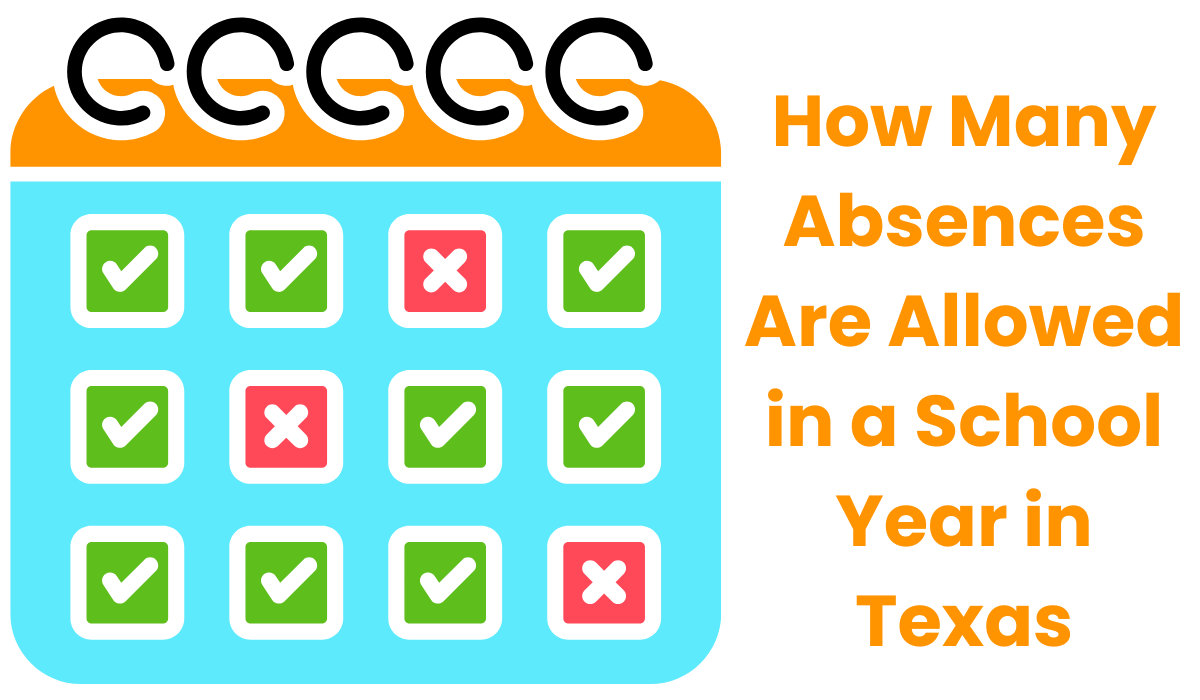The Silent Rebellion Against Screens
How’s this for dreamy: A Texas 12-year-old spends Saturdays and Sundays climbing trees, jotting stories in a journal and playing board games — without ever touching a smartphone. Sounds like the 90s? It’s 2025’s most sought-after parenting trend: Analog Childhood. Some parents are on a crusade to ban screens until their kids turn 16. And the results? The children are happier, smarter and less anxious. Here’s why even tech C.E.O.s are getting on board.
What is an “Analog Childhood”?
The Rule: Avoid smartphones, tablets, YouTube or social media until 16 Instead:
- Statutory books and handwritten notes.
- Drawing, puzzles, and outdoor play.
- Simple flip phones just for emergencies.
The Trigger: A 2025 study by Stanford found that kids with early i-screen exposure have 42% lower levels of empathy and 3x higher rates of ADHD.
Quote: “Screens are the new cigarettes,” says Dr. Laura Green, a child psychologist and the author of “The Analog Advantage.”
Why 2025? The Perfect Storm
- Silicon Valley’s Guilt Tech executives like former Google vice president James Williams are increasingly publicly remorseful about designing addictive apps. His kids? Screen-free till 16.
- The Mental Health Crisis of Gen Alpha: 58% of Gen Alpha reports anxiety linked to social media (CDC, 2025).
- The “Lost Skills” Backlash: Kids can’t tie their shoes, but they can hack iPads. Parents want balance.
Shocking Case:
- Emma (14, California): Diagnosed at 12 with “Digital Depression.” Two years later and screen-free, she is now state-level chess champion.
The Science-Backed Benefits
Brain Development:
- Analog kids have 27% thicker prefrontal cortexes (responsible for attention and decision-making).
- Creativity Tests: Kids Who Are Screen-free Score 35% Higher — Harvard Study
Mental Health:
- 66% reduction in anxiety and depression symptoms 6-months offline.
- “When we stopped using Minecraft, my kid stopped having meltdowns,” Priya (Mom, Ohio) explains.
Family Bonds:
- Number of Families Who Eat Dinner Together Daily: 81% in Analog Households vs. 23% in Screen-Heavy Homes
How to Start (Without Tantrums)
Step 1: The “30-Day Detox”
- WEEK 1: Ditch all screens — except for family movie night.
- Week 2: Suggest alternatives (such as painting, gardening).
- Week 3: Go to screen-free places (library, park)
- Week 4: Be Celebrated with a “Technology-Free Trip”.
Step 2: Create a Community
- Find Analog Parenting Groups on Facebook (200k+ members)
- Money-saving tips: “We use walkie-talkies instead of phones!” – Mark, Texas dad.
Step 3: Partner with Schools
- Push for tech-free classrooms and for handwritten tests.
- Success: After banning tablets, a Michigan school saw grades improve by 20%
Celebrities and Elites Leading the Charge
- Gwyneth Paltrow: “My kids get flip phones at 16 — period.
- Elon Musk’s Children: Enroll at the screenless Astral Academy in Austin.
- Bill Gates: “No Screens Before 14” in his 2025 memoir
The “Analog Childhood” movement is not a phase — it’s a revolt against a universe where pixels have supplanted scraped knees, storytime and in-person cackling. But as that parenting revolution continues to gather steam in 2025, one thing is obvious: kids flourish not when they are glued to algorithms, but when they are given the freedom to explore, create and fail off-line.
The data doesn’t lie:
- Kids who go screen-free are 42% less anxious.
- 35% increase in creativity (Harvard, 2025).
- 81% of analog families are stronger.
From Silicon Valley elites to Texas homeschooling groups, parents are showing that childhood doesn’t need a “like” button in order to be meaningful. “My daughter went from TikTok zombie to chess champion in 2 years,” Emma’s mom, from California, wrote. Analog parenting returned her spark.”














